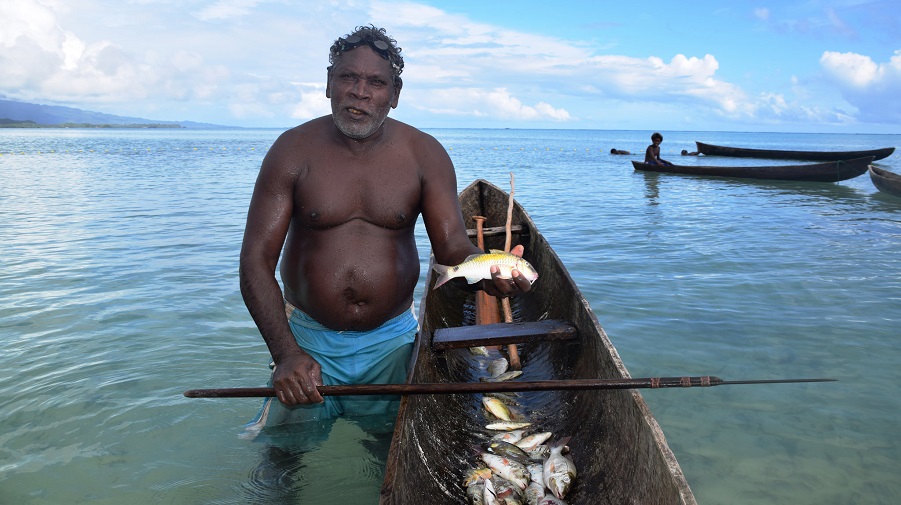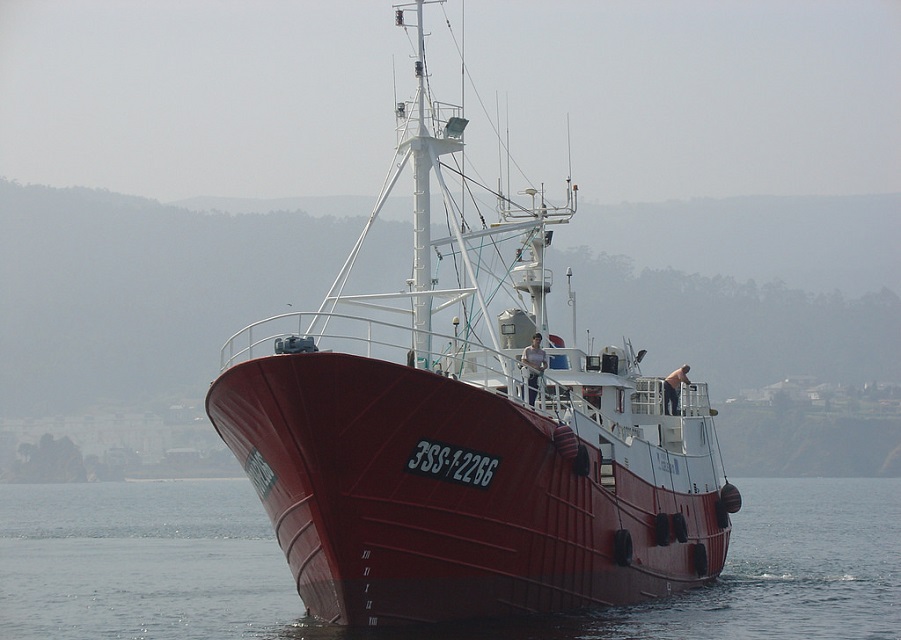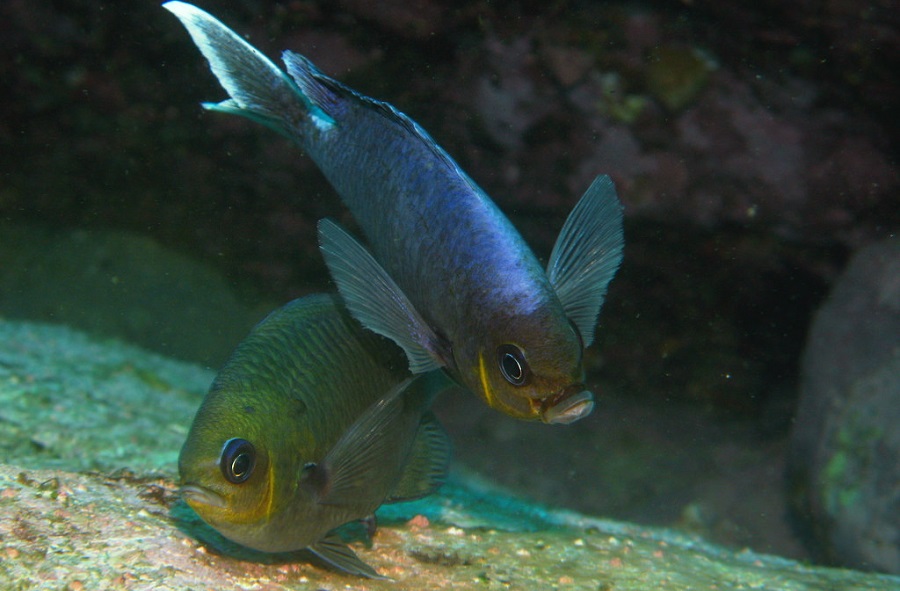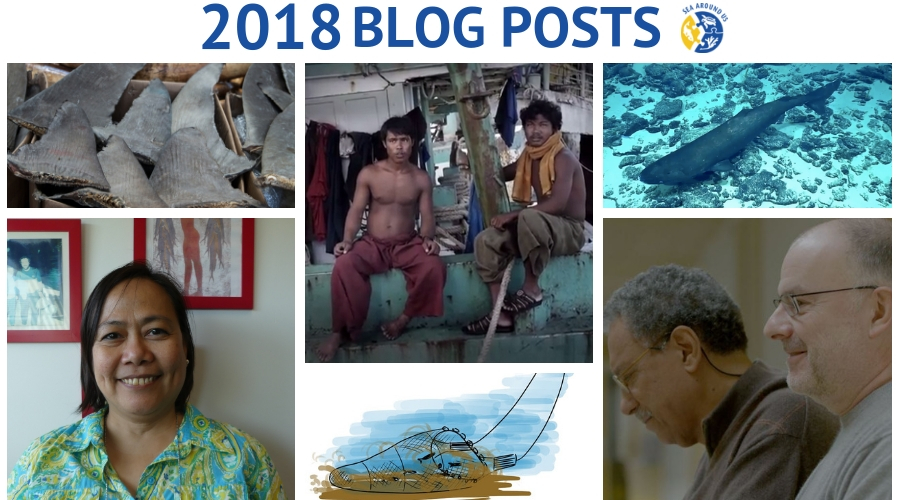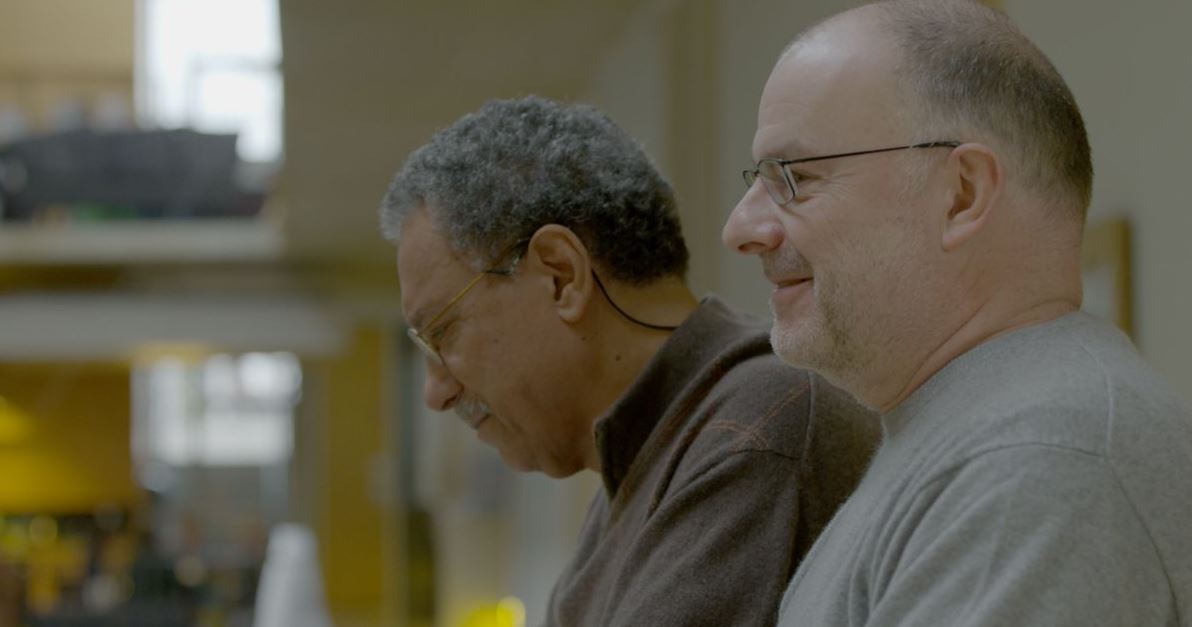
Dirk Zeller and Daniel Pauly. Photo by Alison Barrat.
For the first time in over 10 years, the Food and Agriculture Organization of the United Nations (FAO) acknowledged that catch reconstructions, such as those carried out by the Sea Around Us for every maritime country and territory, help fill gaps in national fisheries data and, thus, can illustrate how catches have really changed over time.
In response to this acknowledgement, which appeared in the bi-annual State of World Fisheries and Aquaculture report, known as SOFIA, Daniel Pauly of the Sea Around Us at the University of British Columbia, and Dirk Zeller of the Sea Around Us – Indian Ocean at the University of Western Australia, published a short comment in Marine Policy welcoming what they see as a positive step by FAO in the quest of providing better fisheries data to the global community.
Continue reading →


